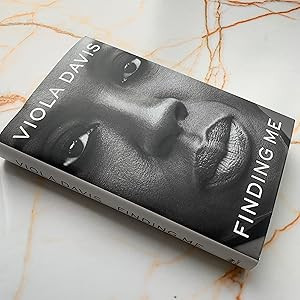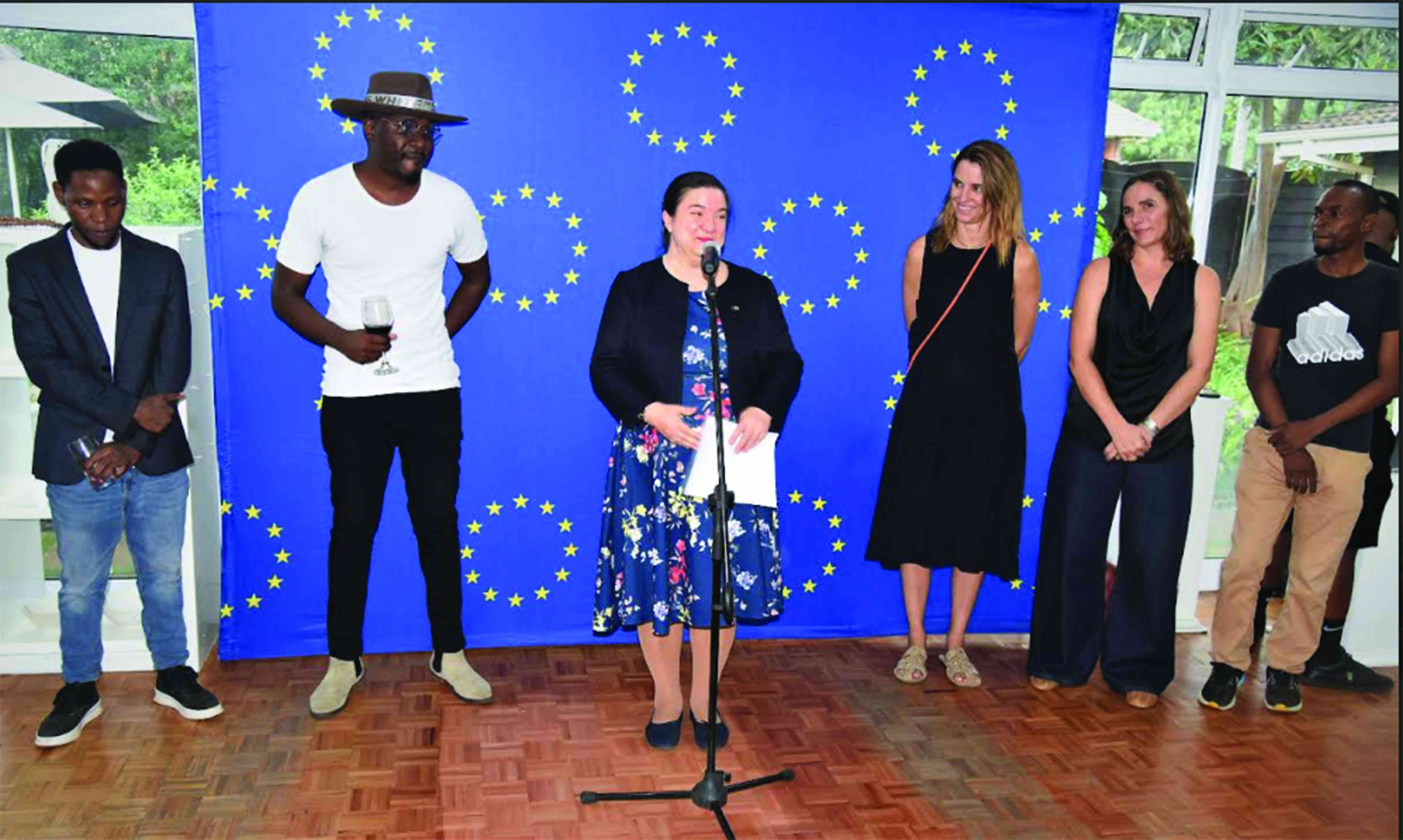
VIOLA Davis, one of the most decorated actors of our time and a rare member of the prestigious EGOT club (Emmy, Grammy, Oscar, and Tony Award winner), has captivated audiences with her ability to embody raw vulnerability and strength on screen and stage.
Finding Me offers the same depth and vulnerability that defines her performance, lifting the velvet curtain on her journey from humble origins to Hollywood icon.
Through its pages, Davis shares a powerful and unfiltered look at her life, revealing a story as complex and moving as her work.
Davis describes this book as, “…a deep reflection, a promise, and a love letter of sorts to sell”.
It encapsulates the essence of her story, having experienced many tragedies, and triumphs, a notable theme of the book is about her inner child, the eight-year-old Viola that was steeped in Central Falls, Rhode Island, enraptured in abject poverty, abuse, racism, who had an undying, and unwavering fury to claw her way out of that reality.
Reading the book is enlightening in depicting how even when we have fully emerged from the weight of our pasts physically, until we have reconciled with the reality of that time, it will follow us into the rooms, the relationships, and the realms that we walk into in our present, and even in future.
Davis writes it this way in the first chapter, “Yet, sitting there conversing with Will Smith, I was still that little, terrified, third-grade Black girl. And though I was many years and many miles away from Central Falls, Rhode Island, I had never stopped running”.
Inside us all, is a little child, one that yearns to be loved, seen, heard, and validated. And unfortunately, in the case of many, that little child did not receive these nutrients.
- To or not to deduct Aids Levy from VAT in Zim
- To or not to deduct Aids Levy from VAT in Zim
- People living with HIV default on treatment
- People living with HIV default on treatment
Keep Reading
And so, the deficits of them result in us chasing people, places, and things with the skewed perception that once we finally ‘have’ it, we will be loved, seen, heard, and validated.
Viola’s inner child was always yearning for safety, something that her childhood was violently stripped of.
Like Davis, we have all experienced varying degrees of trauma, each revealing the evil and often cold unfairness and brutality of life. This trauma has a unique way of shaping who we are, at the very core. The essence of our existence!
And when we have not confronted that trauma, and reconciled with where we have emerged from, it becomes a thief that robs the beautiful fruit that is borne from the efforts of our present investments.
As is the case in this text, Viola’s evolution from an impoverished black girl from Rhode Island to the film, television, and Broadway actress did not mean that she suddenly forgot the pain that she experienced.
Images of the violent abuse, racialised attacks, humiliation, and struggle constantly flashed before her, even as she matured, and expanded—both as a woman and an actress.
As one reads the words of her story, it is common to find yourself asking, “What have I risen from that still lurks in the shadows of my present life?” The deeply reflective and emotive tone of the memoir mirrors a similar response in the reader.
It is no wonder then, that the vast breadth of her life experience became the deep well that she draws the mirth, grit, and power that her performances demand from her.
To phrase it in her own words, “I let myself feel the fear, face the pain of my eight-year-old-ugly-girl self, but I didn’t let it rule me. I used it as fuel, because, after all, you bring everything you are into a character. You bring memory, you bring triumphs, you bring pain, and you bring insecurity. That is what makes a character human”.
Reading Finding Me allows the reader to understand how acting — at its core — is catharsis in its truest form. It is cathartic for the writers of the screenplay, and for each person involved in weaving a production together.
It requires a deep vulnerability that’s connected to the essence of the people involved. And while most of us who will read the memoir are not actors, there is an unspoken lesson in the art of vulnerability, an art that actors have to embody in order to execute their craft well.
This art; I believe, is one that we can all learn to embody, as vulnerability not only allows us to gain a deeper understanding of ourselves, but it aids in us connecting more deeply with others.
Finding Me is a transparent and untethered story of a black girl who meandered through the many forests of life, trying to find her calling, and herself.
Davis’ unabashed rawness in sharing her story almost gives the reader the subconscious permission to be unabashed in their own story. While it is the story of one woman, many of us can see ourselves reflected in it too.
Chambeni is a fourth year English and Communication student at Solusi University. Passionate about writing, personal development, human behaviour and relationships, she endeavours to make a meaningful impact in the world, one article at a time. — ashleigh.chambeni@gmail.com. LinkedIn: Ashleigh Rutendo Chambeni.










